The Surprising Story Behind Mother's Day
How a question about punctuation led to a history lesson
Is it Mothers Day? Mothers’ Day? Or Mother’s Day?
You might have seen it written different ways, but I’ve always known it to be the singular possessive “Mother’s Day.”
But why isn’t it plural?
This grammatical question had me puzzled.
And I was curious…
The story of Mother’s Day goes back to 1858.
And it began with a problem.
A West Virginia community had a terrible infant mortality rate, and a woman named Ann Reeves Jarvis wanted to do something about it.
She organized “Mothers’ Day Work Clubs” in West Virginia to help mothers learn about hygiene and sanitation – and how to care for their children.
Jarvis understood a mother’s loss, as she had 13 children of her own, but only four lived into adulthood.
In addition to helping educate mothers in the area, she also worked to bring reconciliation after the American Civil War ended.
She had lost five of her children during the Civil War, and in 1868, coordinated a “Mothers’ Friendship Day” in West Virginia to bring former foes together.
Veterans from both the North and South wept and shook hands for the first time in years.
Jarvis knew the powerful role mothers played, and wanted to see mothers celebrated for the work they did to improve the lives of others.
“I hope and pray that someone, sometime, will found a memorial mothers’ day commemorating her for the matchless service she renders to humanity in every field of life.
“She is entitled to it,” Mrs. Jarvis said.
When Ann Reeves Jarvis died in 1905, her daughter Anna was determined to fulfil her mother’s dream to celebrate mothers.
But Anna took a different approach.
She wanted to celebrate her mother – from the position of a devoted daughter.
Her motto for Mother’s Day was:
“For the Best Mother who Ever Lived – Your Mother.”
This was why the apostrophe went after the r in “Mother” – it was meant to be singular, not plural.
According to historian Katharine Antolini:
“Anna envisioned the holiday as a homecoming, a day to honor your mother, the one woman who dedicated her life to you.”
The idea of celebrating the sacrifices a mother made was supported by others – and Anna’s decision to celebrate on a Sunday made it appeal to churches as well.
The first Mother’s Day was celebrated in the Andrews Methodist Church in Grafton, West Virginia in 1908 – three years after Anna Jarvis’s mother died.
Anna handed out hundreds of white carnations (her mother’s favorite flower) to the mothers who attended.
The date she had chosen was intentional.
Anna wanted Mother’s Day to be celebrated on the second Sunday in May, because it would always be close to May 9, the day her mother had died.
And Anna was determined to see Mother’s Day spread.
She began a massive letter writing campaign to newspapers and prominent politicians, arguing that American holidays were biased toward male achievements, and urged them to adopt a special day honoring motherhood.
She also created a Mother’s Day International Association and trademarked the phrases “Mother’s Day” and “second Sunday in May.”
Her efforts were working, and in 1910, West Virginia made Mother’s Day a state holiday.
And her idea quickly spread beyond West Virginia.
In 1914, US President Woodrow Wilson designated Mother’s Day as a national holiday.
Wilson had agreed to Anna’s preferred placement of the apostrophe in “Mother’s Day” – making it singular possessive, not plural possessive, so each family would honor its one and only mother.
Anna’s Mother’s Day idea was embraced across the United States, and also by Canada, where it became a national holiday in 1915.
But Anna’s joy was short-lived.
She had envisioned Mother’s Day as a private acknowledgement for all the mother does for her family – but the commercial appeal of Mother’s Day quickly took over.
“Even though Anna never wanted the day to become commercialized, it did very early,” said Antolini.
“So the floral industry, greeting card industry and candy industry deserve some of the credit for the day’s promotion.”
When the price of carnations skyrocketed at Mother’s Day, Anna issued a press release condemning florists.
By 1920, she was urging people not to buy flowers at all.
Anna was frustrated when she saw businesses and charities using Mother’s Day for their own purposes – and when it was dragged into the debate over women’s votes.
She even accused First Lady Eleanor Roosevelt of “crafty plotting” when Roosevelt used Mother’s Day in fundraising material for charities addressing high maternal and infant mortality rates.
And while many saw Mother’s Day as an opportunity to make money, Anna never profited from Mother’s Day – even though she could easily have done so.
Instead, she used the money she had to fight the commercialization of Mother’s Day.
She also sued people who infringed on her copyright.
In 1944 Newsweek claimed she had 33 pending lawsuits.
Some groups or industries would purposely use the possessive plural spelling “Mothers’ Day” to get around Anna’s copyright.
Anna spent nine years campaigning to make Mother’s Day a national holiday – and then decades of her life trying to have the holiday rescinded.
One of Anna’s first cousins, Jane Unkefer, said Anna became obsessed with her anti-commercialization crusade.
“I don’t think they were very wealthy,” Jane said, “but she totally ran through whatever money she had.”
Anna never married or had children.
In 1944, at age 80, the reclusive Anna was nearly blind, deaf and destitute, and was placed in a mental asylum in Philadelphia.
She died four years later, and her obituary described her as a ‘lonely spinster.’
Though Anna never became a mother, her relatives celebrated her in another way – by not celebrating Mother’s Day.
“We didn’t really like Mother’s Day,” Jane said.
“And the reason we didn’t is that my mother, as a child, had heard a lot of negative things said about Mother’s Day.
“We acknowledged it as a nice sentiment, but we didn’t go in for the fancy dinner or the bouquets of flowers.”
One more thing…
Do you associate any particular food with Mother’s Day?
Apparently UK Mothering Sunday (the UK version of Mother’s Day) used to be associated with Simnel cake, a type of fruitcake with almond paste.
Though I live in the UK, my family and I celebrate US Mother’s Day, so there will be no fruitcake for me this weekend!
Trash Talk & Media Literacy
I expect to hear about trash talk in the NBA, but this week, it seems like trash talk is everywhere!
First, we have McLaren Racing CEO Zak Brown drinking from a water bottle marked “tire water” at the Miami Grand Prix.
This was a response to their Formula 1 rival Red Bull — who suggested that McLaren’s improved performance was due to the team adding water to their tires to help keep them cool.1
Then, we have UK retailer John Lewis2, a brand known more for quality and reliability than sass.
To mark Ikea opening a store just down the road from them on London’s busy Oxford Street, John Lewis issued this ad:
This was a bit snarky (and off brand) if you ask me.
And finally, US Secretary of Education Linda McMahon issued a letter to Alan Garber, the President of Harvard.
If you believe what you read on social media (or The Daily Mail), you might believe that the university’s response was to give McMahon’s letter a professorial “red pen treatment” and publicly shame her by sharing a marked-up version of her letter online.
I can’t believe how many people I saw reposting this on LinkedIn, with comments like, “Harvard 1, McMahon 0.”
But, because I’m curious, I did a bit of digging…
Mostly because I couldn’t believe a university would respond this way — publicly. And also, the US government holds the purse strings for billions of dollars that Harvard can benefit from.
It didn’t seem like a smart move.
And what do you know?
(I saw it credited to this person).
And also, if anyone is going to trash talk in this scenario, would it be the elite university, or the woman who appeared in the WWE?3
Another reminder that media literacy is important, folks!
How Can I Help?
I’ll keep saying it: Communication matters.
And if you want to improve your communication (and get all the good things that come with that), I’m your gal.
So many companies could reap significant benefits – from performance and culture to retention and engagement – by improving their communication.
So, if you know someone who could benefit from some help (as even the most seasoned leaders do), please get in touch and check out my website for more information.
You can also see my Top 10 list of what I can (and can’t) do for you here.
And if you see any communication examples (the good, the bad, and the ugly) that you think are worth analyzing or sharing, please send them my way!
Until next time, stay curious!
-Beth
Any readers in the UK still eating Simnel cake to celebrate Mum?
Someone with more F1 knowledge, please feel free to opine on this while I wait for the Netflix documentary to tell me more about this.
US readers (or history students), the UK retailer John Lewis has no affiliation with the US civil rights activist and politician you might be thinking of.
I would never have suspected that the WWE would be the path to high levels of government. But I guess I forgot about Jesse “The Body” Ventura!





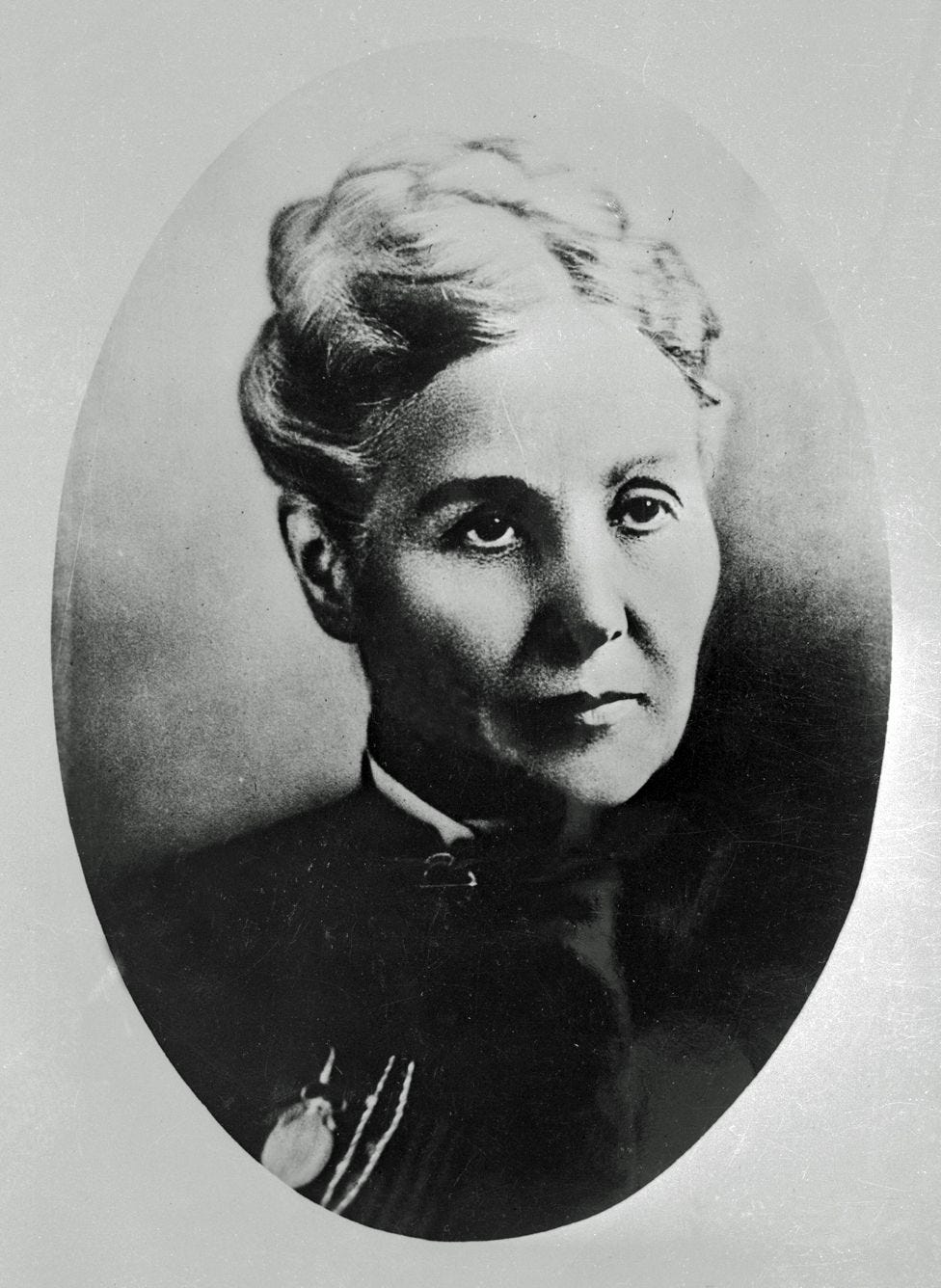
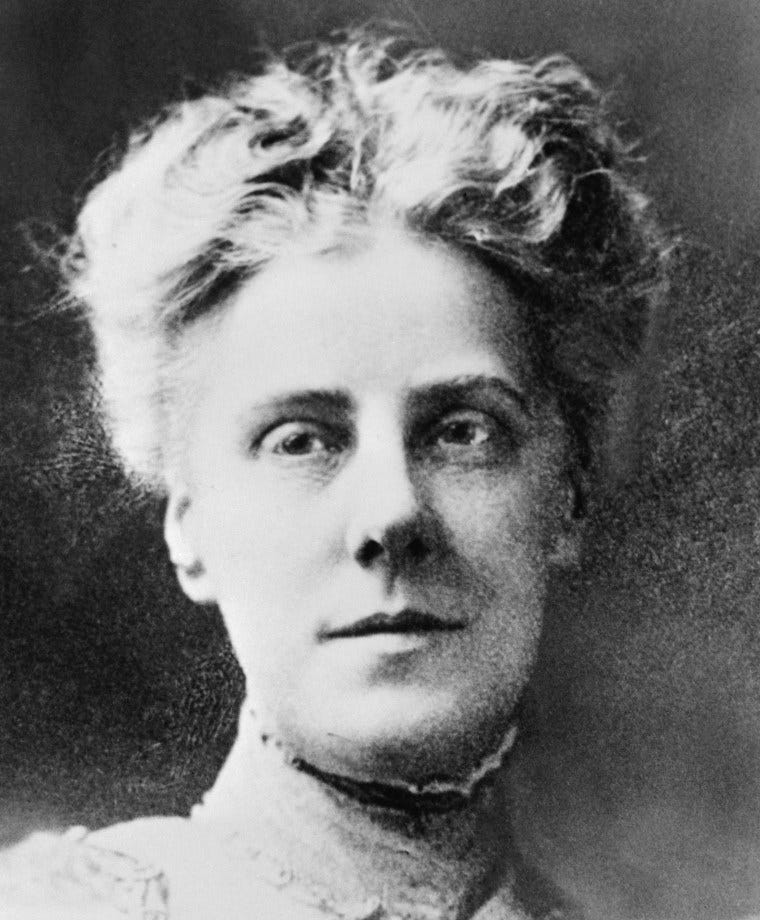
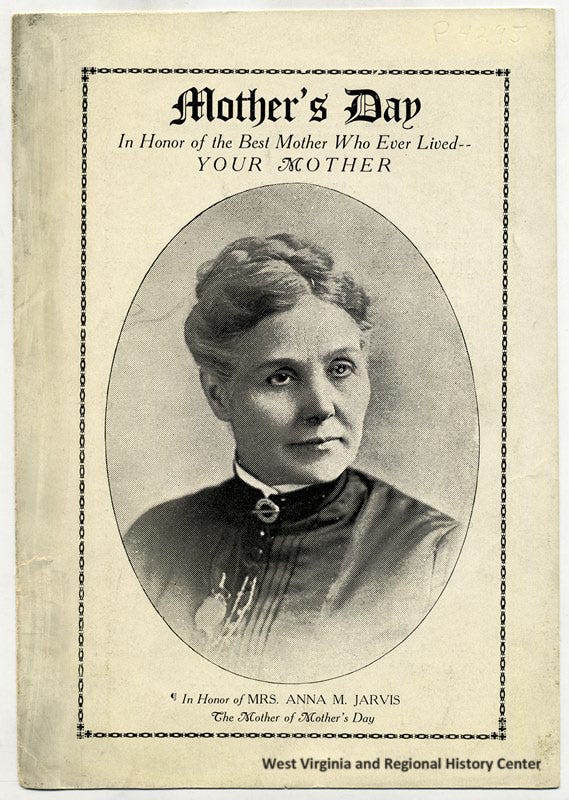
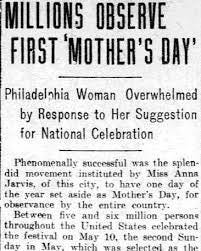

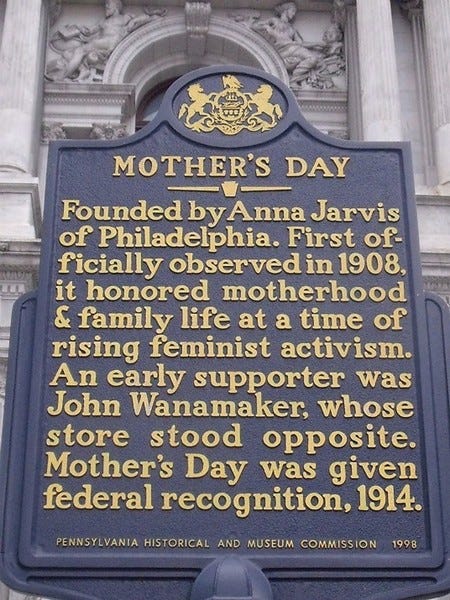
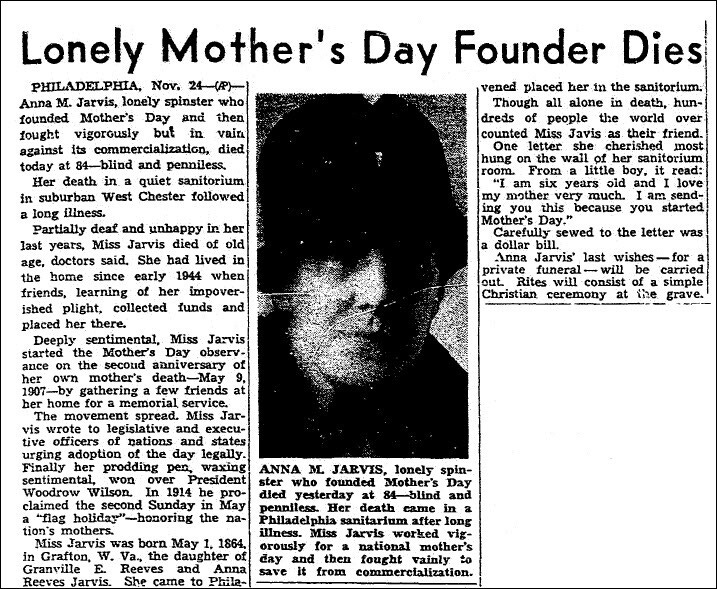
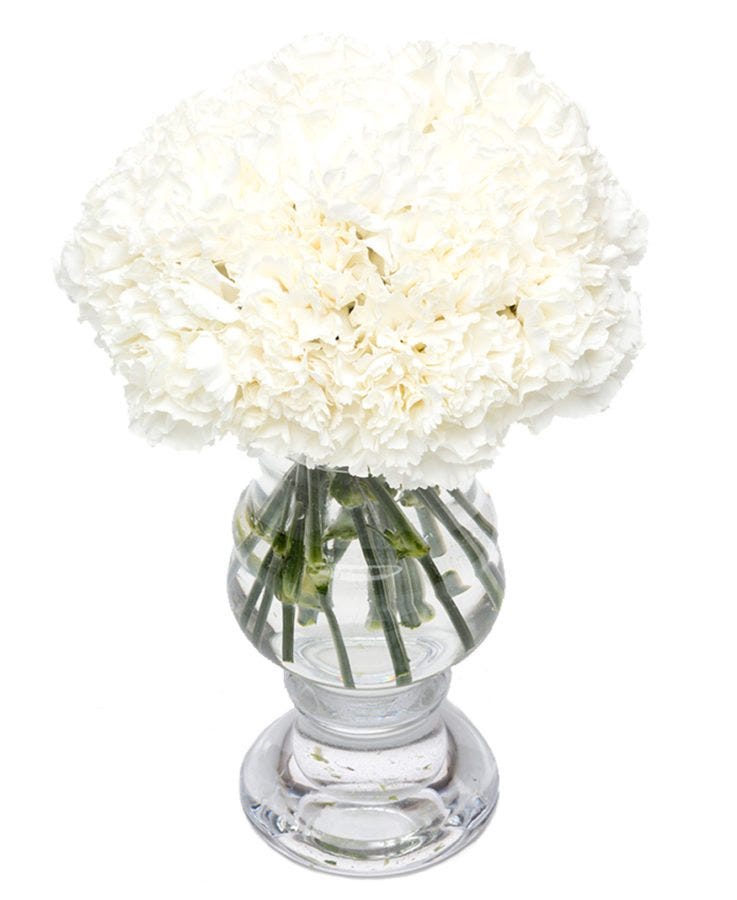






Fascinating as ever, Beth